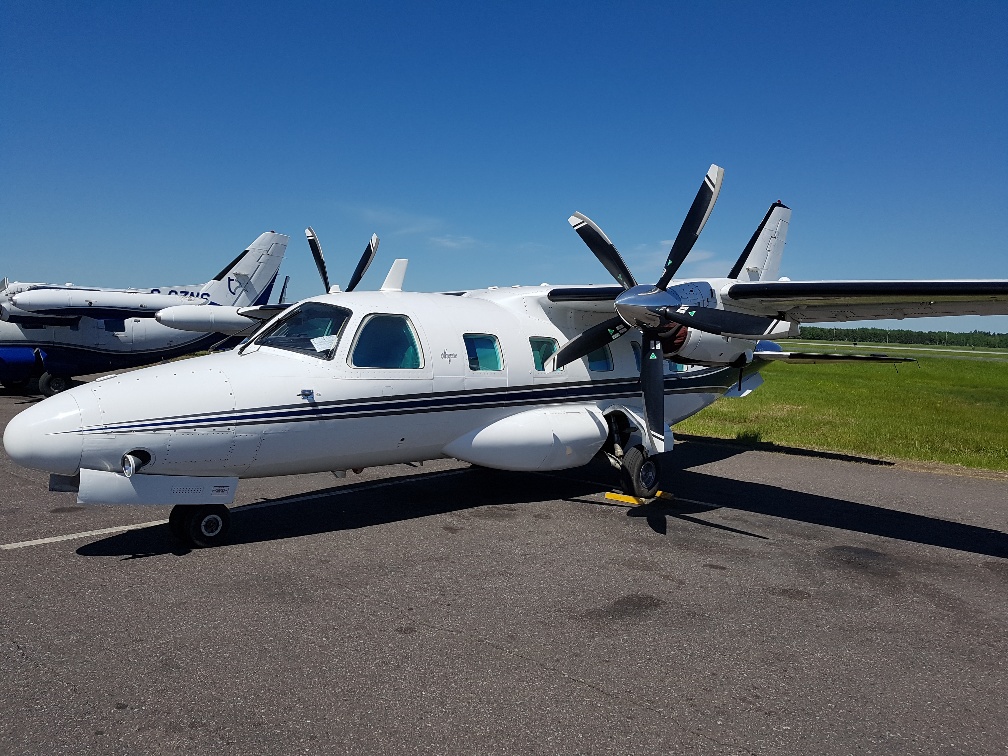Estimated reading time 4 minutes, 40 seconds.
Ornge, Ontario’s provider of air ambulance and critical transport services, has launched a new program that aims to halve the response time for northern mental health patient transfers.
Officially launched on April 18, the program was conceived about 18 months ago when Ornge noticed its overall response time for mental health transports was increasing.

“We know mental health is a high priority in northern and remote communities,” explained Dr. Bruce Sawadsky, chief medical officer at Ornge. “We wanted to improve our service to get to patients faster, while providing more specialized care and better expertise in transport.”
The new one-year trial program aims to bring specially trained mental health professionals right to the patients that need them most.
Ornge’s contracted northern aviation services partners — Thunder Airlines, Air Bravo, and SkyCare — will provide fixed-wing aircraft for the program. On board will be a special team consisting of a trained mental health nurse and a security officer provided by Ornge, along with a primary care flight paramedic and pilots provided by the contractor. The operation will be based at Thunder Airlines in Thunder Bay, Ontario.
Sawadsky explained that current triage protocol in the north — where critically ill patients are treated first — means that mental health patients could wait 24 to 36 hours before transport is arranged. Typically, these patients are flown to designated psychiatric facilities in Thunder Bay, Kenora, Sudbury, and Timmins.
“Our hope is that with a dedicated asset, we will have more resources to send them sooner,” he told Skies.
The mental health transport team will operate seven days a week, 365 days a year, from 9 a.m. to 9 p.m. For each call, Ornge’s dispatch center will locate an appropriate contracted aircraft in a medical configuration with at least four passenger seats.
“With psychiatric patients, we need to have the ability to have an escort with them,” said Sawadsky. “They benefit from having a loved one accompany them.”
Ornge completes about 300 mental health transports in northern Ontario every year, so eventually the new service could be tasked with four to five calls a week.
Safety will be paramount on these flights, he added.
“Managing mental health patients can be even more challenging in an aircraft. The safety of the patient, the crew, and the aircraft is our number one priority. We will assess the patient’s risk of agitation in flight and screen them carefully to ensure we are sending the right crew with training and medications to treat the patient — whether with de-escalation skills or appropriate medications.”
The trial is being funded from Ornge’s general budget, with the support of the Ontario Ministry of Health. If the program proves successful based on key performance indicators, Sawadsky said Ornge will apply for more permanent funding.